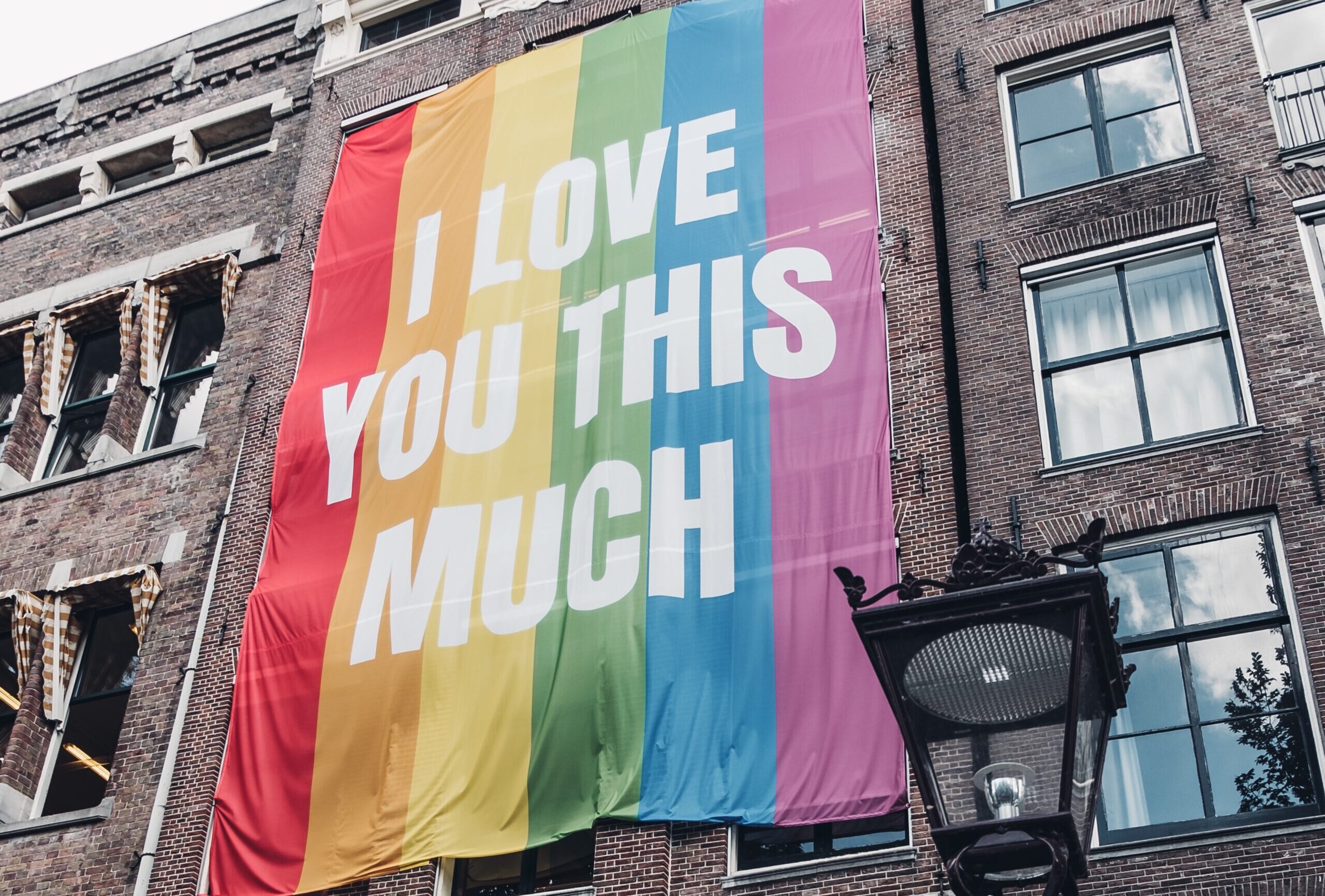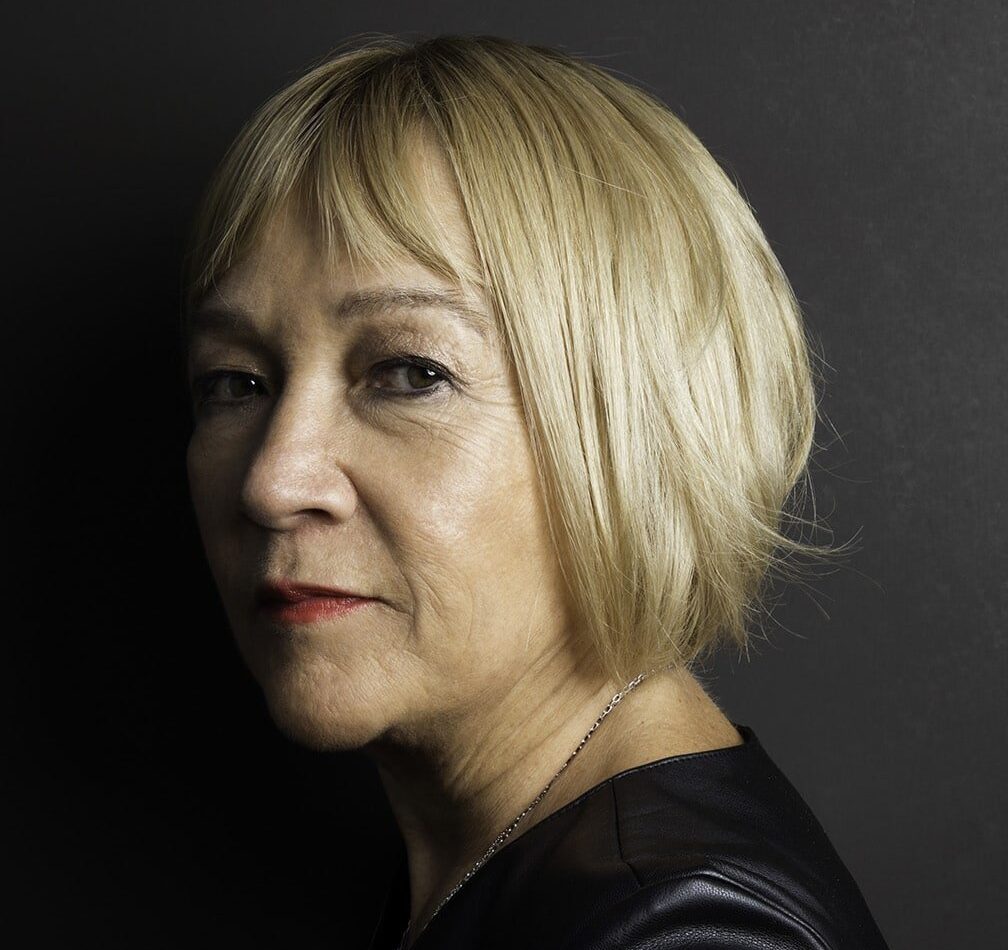
Celebrating Diversity: A Brief History of LGBTQIA+ Pride History Month
February marks a time of celebration and reflection for the LGBTQIA+ community and its allies around the world. As we observe LGBTQIA+ Pride History Month for 2024, it’s imperative to delve into the rich tapestry of struggles, triumphs, and the ongoing fight for equality that defines this vibrant community.
Origins of LGBTQIA+ Pride Month
The origins of LGBTQIA+ Pride Month can be traced back to the Stonewall Uprising of June 1969 in New York City. This pivotal moment in LGBTQIA+ history occurred when patrons of the Stonewall Inn, a popular gay bar, fought back against a police raid, sparking days of protests and demonstrations.
This uprising galvanised the LGBTQIA+ rights movement, leading to the establishment of various LGBTQIA+ organizations and the first Pride parades in cities across the United States.
Since then, LGBTQIA+ Pride Month has evolved into a global celebration of diversity, inclusion, and resilience. It serves as a reminder of the ongoing struggle for LGBTQIA+ rights and the importance of visibility and acceptance.
While significant progress has been made in recent decades, the LGBTQIA+ community still faces challenges, including discrimination, violence, and barriers to healthcare and employment. According to a recent study by the Human Rights Campaign, 46% of LGBTQIA+ workers report being closeted at work, and nearly one in ten LGBTQIA+ individuals have experienced discrimination when applying for jobs.
Moreover, LGBTQIA+ youth are disproportionately affected by homelessness and mental health issues. According to the Trevor Project, LGBTQIA+ youth are five times more likely to attempt suicide compared to their heterosexual peers, highlighting the urgent need for support and resources.
Despite these challenges, there have been notable victories in the fight for LGBTQIA+ rights. In recent years, several countries have legalized same-sex marriage, and anti-discrimination laws have been enacted to protect LGBTQIA+ individuals in various spheres of life.
LGBTQIA+ Movements Worthy of Acknowledgment
- The First Pride Marches: Following the Stonewall Uprising in 1969, the LGBTQIA+ community organized the first Pride marches to commemorate the uprising and advocate for LGBTQIA+ rights. These marches, held in cities like New York, Los Angeles, and San Francisco, laid the groundwork for the annual Pride celebrations we see today.
- The AIDS Crisis and Activism: In the 1980s and 1990s, the LGBTQIA+ community faced the devastating impact of the AIDS epidemic. During this time, LGBTQIA+ activists and organizations led efforts to raise awareness about HIV/AIDS, advocate for healthcare resources, and challenge stigma and discrimination.
- Legalization of Same-Sex Marriage: One of the most significant victories for LGBTQIA+ rights occurred in June 2015 when the U.S. Supreme Court ruled in Obergefell v. Hodges that same-sex marriage is a constitutional right. This landmark decision legalized same-sex marriage nationwide, marking a historic moment in the fight for LGBTQIA+ equality.
- Transgender Rights Milestones: In recent years, there have been significant advancements in transgender rights. In 2020, the U.S. Supreme Court ruled in Bostock v. Clayton County that Title VII of the Civil Rights Act of 1964 protects LGBTQIA+ employees from discrimination based on sexual orientation and gender identity. Additionally, several countries have implemented policies to recognize and protect the rights of transgender and non-binary individuals.
- Representation in Media and Entertainment: LGBTQIA+ representation in media and entertainment has grown significantly over the years, with more diverse and authentic portrayals of LGBTQIA+ characters and stories. From groundbreaking films like to television shows like “Pose” and “Queer Eye,” LGBTQIA+ voices and experiences are increasingly being amplified and celebrated in mainstream media.
- Global Pride Celebrations: Pride celebrations have expanded beyond the borders of the United States, with LGBTQIA+ communities around the world hosting Pride events and marches to advocate for equality and visibility. From Sao Paulo to Sydney, Pride Month has become a global phenomenon, bringing together people of all sexual orientations and gender identities to celebrate diversity and promote LGBTQIA+ rights.
- Corporate Support for LGBTQIA+ Rights: In recent years, many corporations and businesses have shown their support for LGBTQIA+ rights by participating in Pride events, implementing inclusive policies, and speaking out against discrimination. This corporate support plays a crucial role in advancing LGBTQIA+ equality and fostering a more inclusive work environment for LGBTQIA+ employees.
It’s essential to recognise the intersectionality within the LGBTQIA+ community and ensure that Pride Month is inclusive of all identities and experiences. LGBTQIA+ Pride Month is not only a celebration of sexual orientation and gender identity but also an acknowledgment of the diverse backgrounds, cultures, and struggles within the community.
As Audre Lorde famously said, “There is no such thing as a single-issue struggle because we do not live single-issue lives.” LGBTQIA+ Pride Month must be a platform for amplifying the voices of marginalised communities within the LGBTQIA+ umbrella, including people of color, transgender and non-binary individuals, and those with disabilities.
As we commemorate LGBTQIA+ Pride History Month, let us reflect on the progress made and recommit ourselves to the ongoing fight for equality, justice, and acceptance for all. LGBTQIA+ Pride Month is not only a time for celebration but also a call to action to dismantle systems of oppression and create a more inclusive and equitable world for future generations.
In the words of Harvey Milk, the first openly gay elected official in California, “Hope will never be silent.” As long as there are voices speaking out for justice and equality, the LGBTQIA+ community will continue to march forward with pride and resilience.







